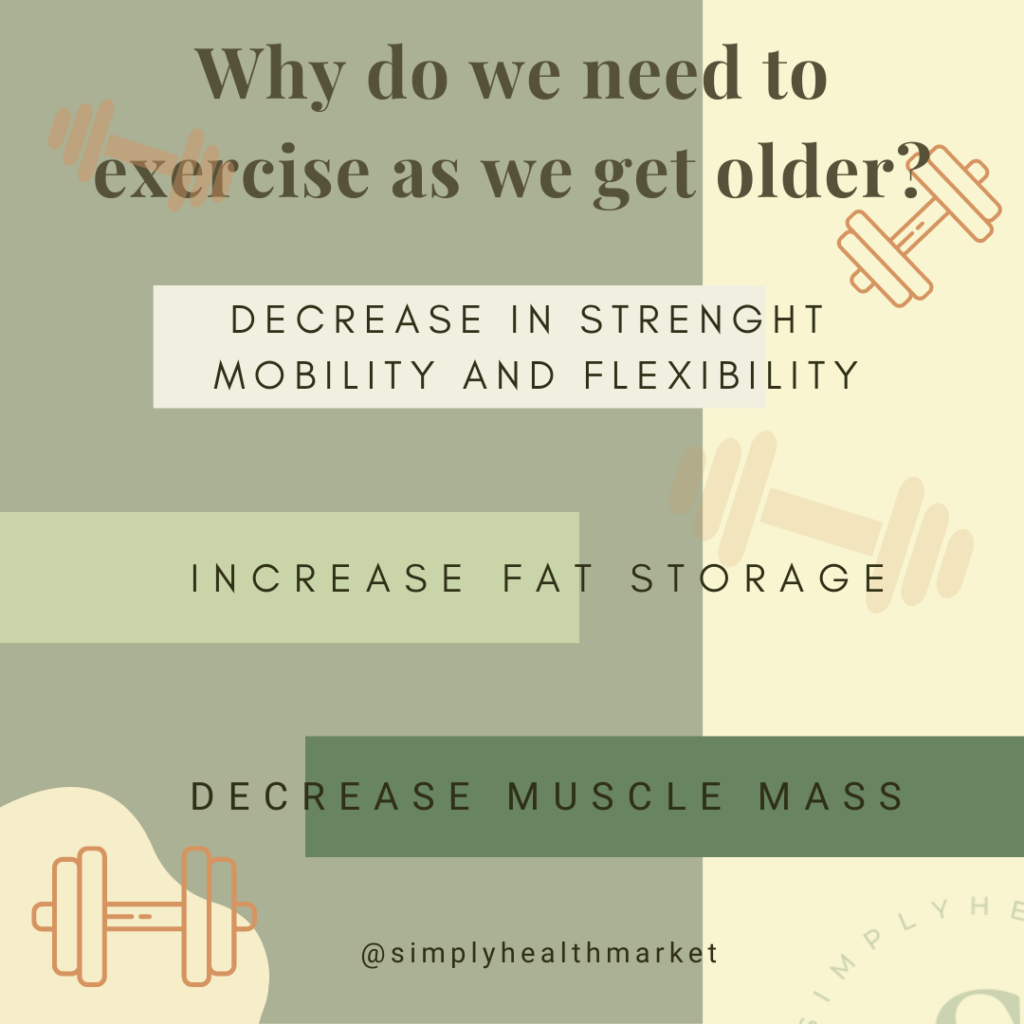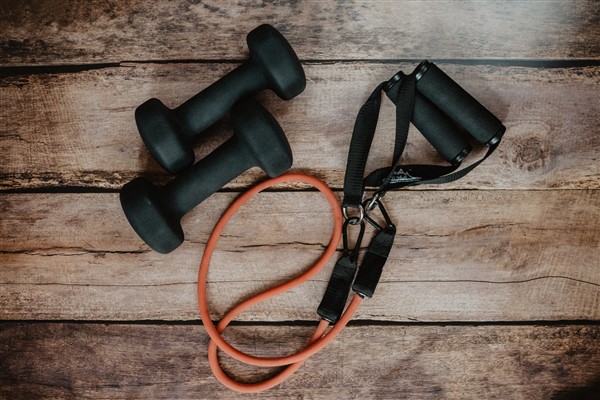Why do we need to exercise as we get older?
When we hit our 40-year milestone, it’s like walking across a bridge from our youth to our middle age. Some feel the age of 40 and up is a condition to be endured; for others, it is just an indicator to observe the changes that have passed and ponder the coming changes.
What happens after 40?
We’ve just passed through the accumulation of our youth. In terms of work, most of us have time-served and the job is already stable. And we’re well on the way to raising the family. Hopefully, we have a few bucks in the bank, and the mortgage is secure.
We’ve fought hard for what we’ve built, and it’s time to take stock. When we look back, it felt like a walk in the park for some of us. For others, like a sprint, and for some, it’s been an uphill marathon. But, for virtually all of us, 40 is when we begin to feel the aches and pains of battle.
For many of us, we had only just begun to feel the aches and pains. We may have seen the warning signs, but 40 sounded the alarms. We can’t lift the weight the way we used to, we can’t chase the bus the way we used to, and we can’t keep up with the kids the way we used to. Our ankles creek and our knees are tweaked, our physical prowess is on a steady decline. The endurance and performance we were proud of had become strained, and our bodies have slowed down.
We used to eat whatever we wanted without fearing weight gain, but suddenly that’s changed. Even if we eat carefully, we notice new and unwelcomed weight around our waists, thighs, and hips. One day we look in the mirror, and to our horror, we see pot bellies and love handles attached to our once agile frames. Gravity takes over, and now our boobs and butts have met their match. Why now? Why me? What should I do?
Why, at the age of 40, does the body change like this?
- Deterioration of Muscle Mass: This already started between 30-35; we just didn’t notice it and paid it no mind. This accelerates for those of us who rarely exercise and are not maintaining the integrity of our body’s muscles. Like most things, women begin to notice this a little quicker than men, as men typically have more muscle mass than women.
- As your muscles deteriorate, fat may replace it: If we allow our muscles to deteriorate through lack of exercise and you still consume the same amount of fuel. We will store that fuel that the muscles would burn up, as fat.
- Hormonal changes: Around the age of 35-40, both men and women experience hormone changes and imbalances. For some, the imbalances can affect muscle mass and weight gain.
- The vicious cycle: The older we get, the less physical activity we undertake. The weight piles on, the joints stiffen up, the flexibility eludes us, and we slow right down.

How do we slow the aging process down?
Suppose we want to put the brakes on this aging process and maintain our physical condition for as long as possible. In that case, exercise is something we must incorporate into our daily lives.
So let’s help each other and slow down the changes. Join us and enjoy the journey of moving well. We will explore the ways that we can progress every day. Simple exercise done regularly will keep your physical foundation solid and healthy. Whether you are 40, 60, or even 90 years of age, do a little exercise and movement as often as you can. Your future self will thank you.

